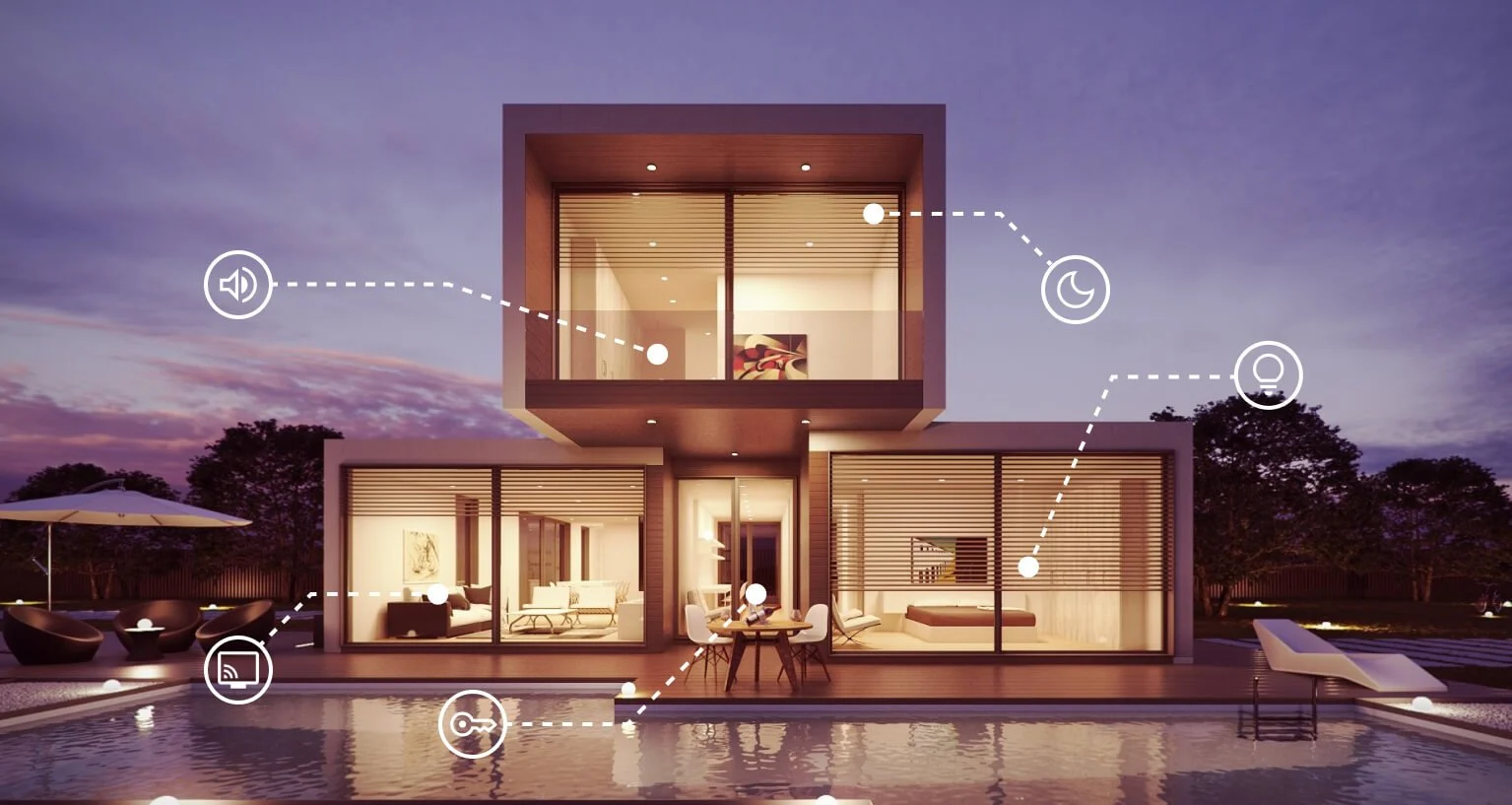Introduction
Smart home technology has revolutionized modern living by integrating automation, security, and energy efficiency into daily routines. With the rise of IoT and AI-driven solutions, homeowners can now control lighting, temperature, security systems, and appliances remotely through mobile apps and voice commands. This seamless connectivity not only improves convenience but also contributes to a more sustainable and efficient lifestyle.
Benefits of Smart Homes
One of the primary benefits of a smart home is enhanced convenience. Devices such as smart thermostats adjust temperatures based on user preferences, while voice assistants simplify tasks like playing music or setting reminders. Security is another crucial advantage, with smart cameras, locks, and alarm systems providing real-time monitoring and alerts. Additionally, energy-efficient smart devices help reduce electricity consumption by optimizing usage patterns, leading to lower utility bills.
Key Smart Home Devices
Smart home ecosystems consist of various interconnected devices, including smart speakers, lighting systems, security cameras, doorbells, and home automation hubs. Smart thermostats, such as Nest and Ecobee, optimize energy usage, while smart lighting systems like Philips Hue allow users to customize brightness and color settings. Security solutions like Ring doorbells and Arlo cameras offer remote surveillance, enhancing home safety.
Integration and Connectivity
The integration of smart home devices relies on connectivity protocols like Wi-Fi, Zigbee, and Z-Wave. Voice assistants such as Amazon Alexa, Google Assistant, and Apple Siri serve as central hubs for controlling multiple devices. Smart home automation enables seamless routines, such as turning off lights when leaving or adjusting thermostat settings based on weather forecasts.
Privacy and Security Concerns
Despite the convenience, smart home technology raises privacy and security concerns. Cybersecurity threats, such as hacking and data breaches, require robust encryption and multi-factor authentication. Users should regularly update firmware, use strong passwords, and invest in security-focused smart home devices to safeguard their personal data.
Future of Smart Homes
The future of smart homes includes advancements in AI, machine learning, and IoT connectivity. Predictive analytics will enable homes to anticipate user needs, while enhanced interoperability will create more seamless automation. With the adoption of 5G technology, smart homes will become even more responsive and efficient.
Read More - https://www.marketresearchfuture.com/reports/smart-home-market-974
Conclusion
Smart home technology continues to transform modern living by offering increased convenience, security, and energy efficiency. As AI-driven innovations evolve, the integration of smart devices will become even more intuitive, enhancing home automation and overall quality of life.



